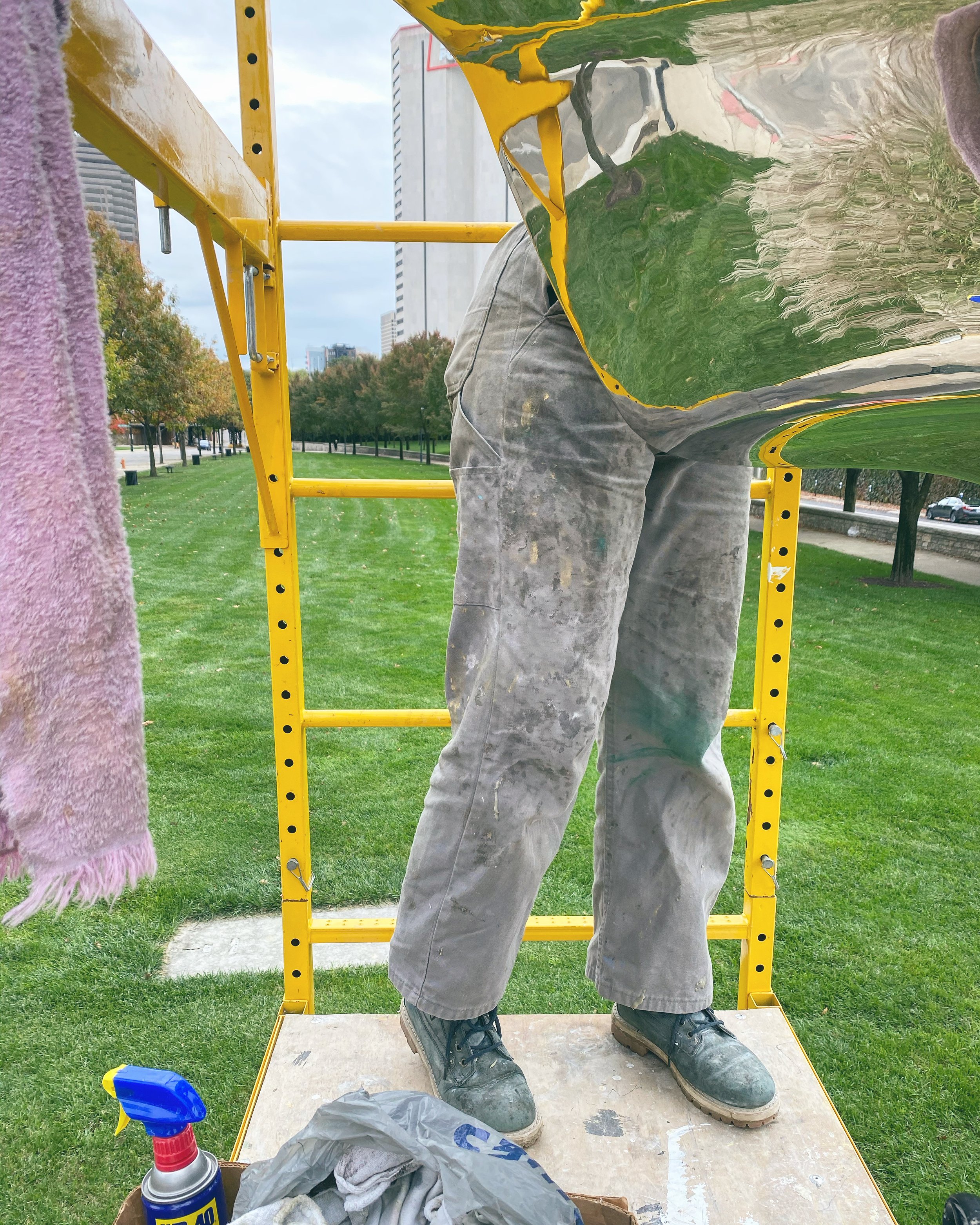Looking to advocate against unpaid internships? Here are some materials I’ve found to help people understand the importance of compensating interns; I’ll be sharing more information and advocacy strategies soon.
Unpaid internships benefit those who can afford to work for free, which means they benefit the few instead of the many (Center for Research on College-Workforce Transitions)
Perpetuates wage gap (Washington Post)
Depreciates ALL cultural heritage workers at all levels - the work we do and our wages (Harvard Business Review)
Unpaid interns are not protected by labor laws, specifically ones for sexual harassment/gender discrimination. Even if an intern is getting credit, if the position is unpaid they are not protected by labor laws. (National Council on Public History)
An unpaid summer internship for credit costs a student on average $6,000+. The student loan crisis impacts cultural resource workers and many have to take on additional debt to do unpaid labor. That $6,000 with interest can quickly increase. (Money.com)
"Unpaid internships also raise issues of fairness, equity and potential exploitation simply because most college students cannot afford to forgo a paying job or go deeper into debt simply to burnish their resumes." (Forbes)
The data does not lie! Here is what Pay Our Interns have found in their research!
"2 Million: The estimated number of people who intern in the U.S. each year."
"6% to 8% of Black and Latinx students have paid internship experience, compared to 74% of their white peers."
"50% More Job Offers: Paid interns received 50% more job offers compared to unpaid interns or those who have never interned"
"6 out of 10 employers prefer hiring a candidate with work experience such as internships. In the 1970s, 3 out of 4 jobs required a high school education or less."
"80% of students in college are working part-time jobs to pay for their living expenses."
The January 19, 2023 Memorandum for Heads of Executive Departments and Agencies sent by the U.S. Office of Personnel Management and the Office of Management and Budget. "Agencies are encouraged to expand their overall number of interns while increasing the number of paid interns and reducing reliance on unpaid interns, consistent with applicable laws."










